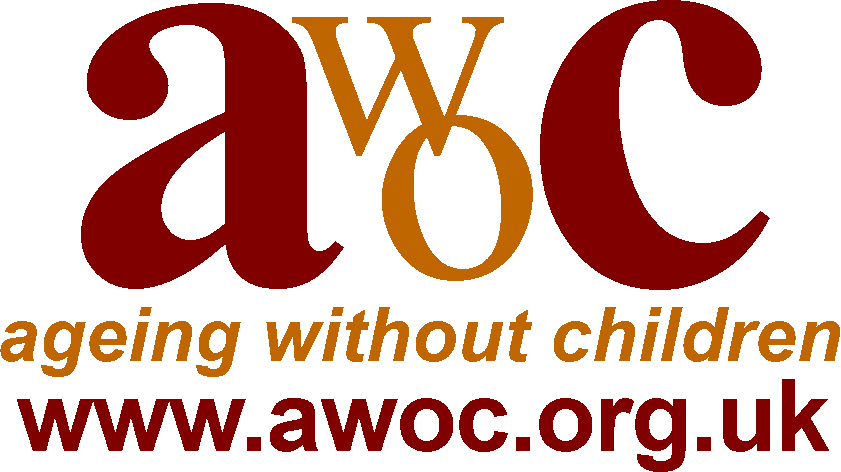Before AWOC mark 1 closed in 2019, one of the concepts we had been exploring was that of 'alterkin'. Drawing on the circles of support model, and our own research with people ageing without children, we looked at what could be created that would offer very practical support.
Our research with people AWOC had identified that what they wanted was something that offered
advocacy
visiting/creating friendships,
small scale practical support
creating a plan for later life
options around shared living
a key element was that it did not parachute into people's lives in times of crisis, but was there from when people wanted it so that relationships had time to build.
Our research and discussions identified that people AWOC fell broadly into 3 categories when discussing Alterkin
1. People with existing support networks that are already thinking about and planning for later life together as a group.
2. People who are thinking about and wanting to plan for later life but lack a support network willing/able to join them in this
3. People AWOC over 75 who already need help and support and don’t have the systems in place to provide it.
From this we came to the following conclusion
Alterkin 1- A possible model for people who are already thinking about and planning for later life with their support network
This is based on the many conversations had with people AWOC who to paraphrase say “we’re going to all get a house together and employ someone to help us”
Toolkit backed up with workshops and online support to help people work with their support network to think through their ideas and options. This might include
· What already exists
· Boundaries – thinking through what people will and won’t do
· Implications for shared living arrangements
· Implications for shared employment arrangements if for example people want to co operatively employ a carer
· Making a shared plan
· Making individuals plans
· Costs involved
· What if scenarios e.g. what if they want to buy a house but someone has less capital? what if one of the group develops dementia?
This model is based on the principles of
· Reciprocity
· Using peoples existing skills/experience
· Equity
Challenges
The real challenge lies in creating a model for people in groups 2 and 3 mentioned above. We know from discussions with people AWOC that they want a service that
· Doesn’t “parachute” into their lives in times of crisis but is there all the time
· Has continuity of people so they can get to know each other well
· Is a service that combines multiple elements
· That the same group of people can provide all the elements e.g. that they can still get help if they need shopping done not that “the shopping person is on holiday”. We know from experience that existing services operate in different organisations and even if in the same organisations will almost certainly be “silo’d” The more creative models wrap around the individual and use community assets to deliver the service. Any model AWOC creates would need to do the same.
This was as far as we got before the organisation closed. Would be very happy to reopen thinking on this and if even happier if it came with some resources attached!

Is there a social group for ageing without children in UK please?
Is there a social group for ageing without children in the UK please?